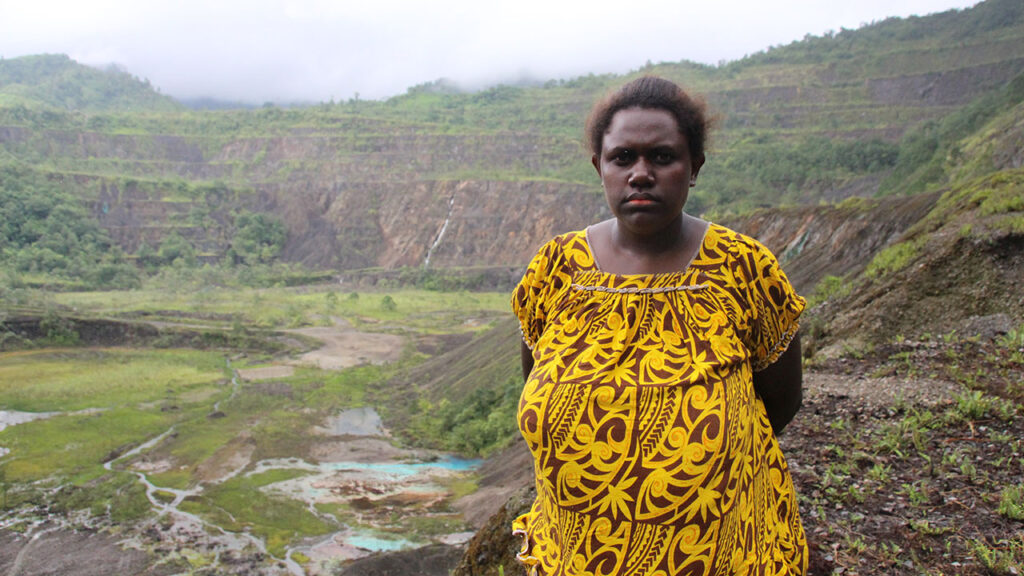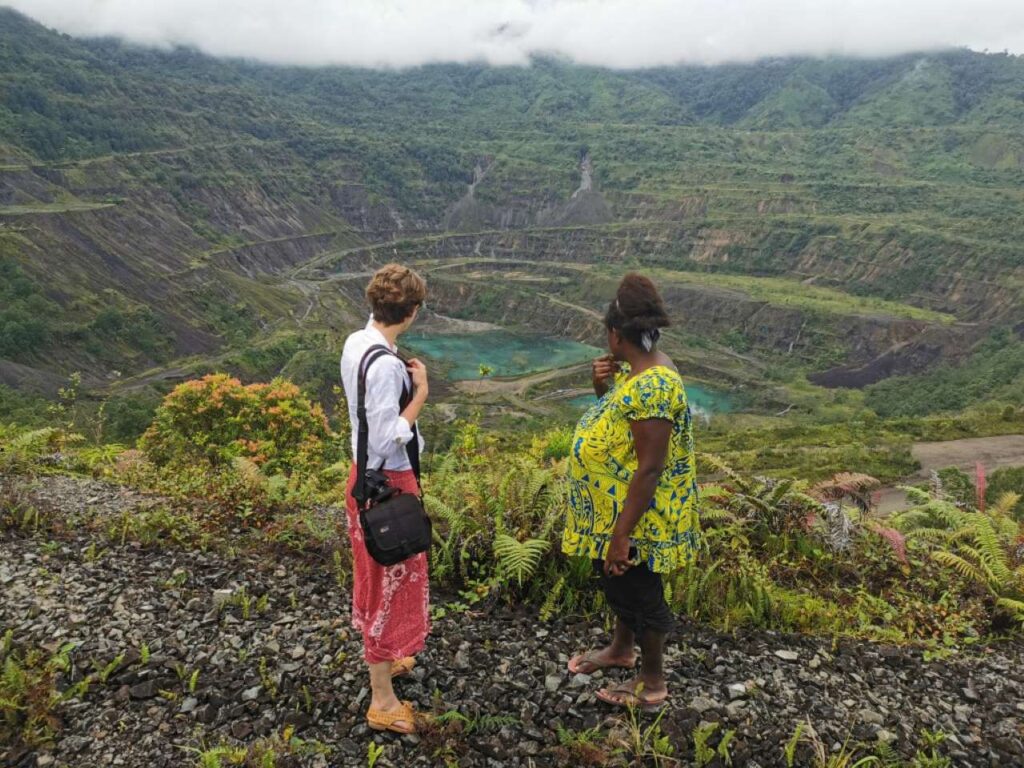New Modern Slavery law needs teeth to stop abuses
New laws to address forced labour in the supply chains of Australian companies passed today in Parliament, but human rights advocates say they don’t go far enough.
The Modern Slavery Act will require large Australian companies and organisations to report annually on steps they are taking to address forced labour.
Keren Adams, a director of legal advocacy with the Human Rights Law Centre, said the law represented an important first step towards greater accountability by Australian companies for abuses in their supply chains, but criticised the Government’s decision not to include penalties for companies that fail to comply.
“We know that even here in Australia, there are several thousand people working on farms, in restaurants and on construction sites in conditions amounting to slavery, to say nothing of companies’ operations overseas. It’s absolutely the right step for the Government to be introducing legislation to shine a light on these appalling practices and we welcome the increased scrutiny this law will bring to this area,” said Ms Adams.
“A mandatory reporting scheme is not really mandatory, though, if there are no consequences for companies that fail to comply with it. As things stand, the only consequence companies will face if they ignore the law is public criticism.”
“We are disappointed that the Government has ignored the recommendations of its own inquiry to include penalties for companies that fail to report or provide misleading information, and an independent commissioner to oversee the regime.”
“Without these crucial ingredients, it’s hard to see how the new law will compel the worst players to lift their game. We need strong laws with appropriate consequences to effectively tackle slave labour,” she said.
Labor has committed to establishing an independent anti-slavery commissioner and implement penalties for non-compliance if elected.
For interviews call:
Michelle Bennett, Director of Communications, Human Rights Law Centre, 0419 100 519

Bougainville community leaders demand seat at the table in remediation discussions with Rio Tinto
Bougainville community leaders are calling for a seat at the table in discussions about the potential remediation of the environmental devastation caused by Rio Tinto’s former Panguna mine, scheduled to begin in Port Moresby today.
Read more
Major environmental damage and human rights impacts to Bougainville communities confirmed by independent investigation into Rio Tinto’s former Panguna mine
Communities living with the ongoing devastation from Rio Tinto’s former Panguna mine in Bougainville are calling on the company to commit to funding remediation and addressing public safety risks, after a major independent investigation funded by the company confirmed life-threatening, ongoing social, environmental and human rights impacts from the mine.
Read more
Reforms to modern slavery law welcome but need to go further to protect workers’ rights
Civil society groups and unions have welcomed proposed changes to strengthen Australia’s modern slavery law, including through the introduction of penalties, but are calling on the Albanese Government to also introduce a legal requirement for companies to take action to prevent modern slavery.
Read more


